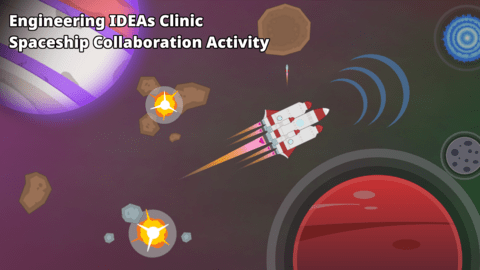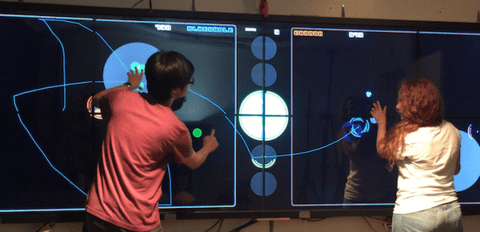Spotlight on Dr. Judy Ehrentraut's PhD Dissertation on Posthumanism and Technology
Dr. Judy Ehrentraut's PhD dissertation is an exploration of posthumanisms through digital artifacts, arguing for a theoretical frame called "inclusive posthumanism" that accounts for the ways individuals intersect with technology. She successfully defended her dissertation on November 29th, 2019, completing her requirements and obtaining her PhD in English Language and Literature.


